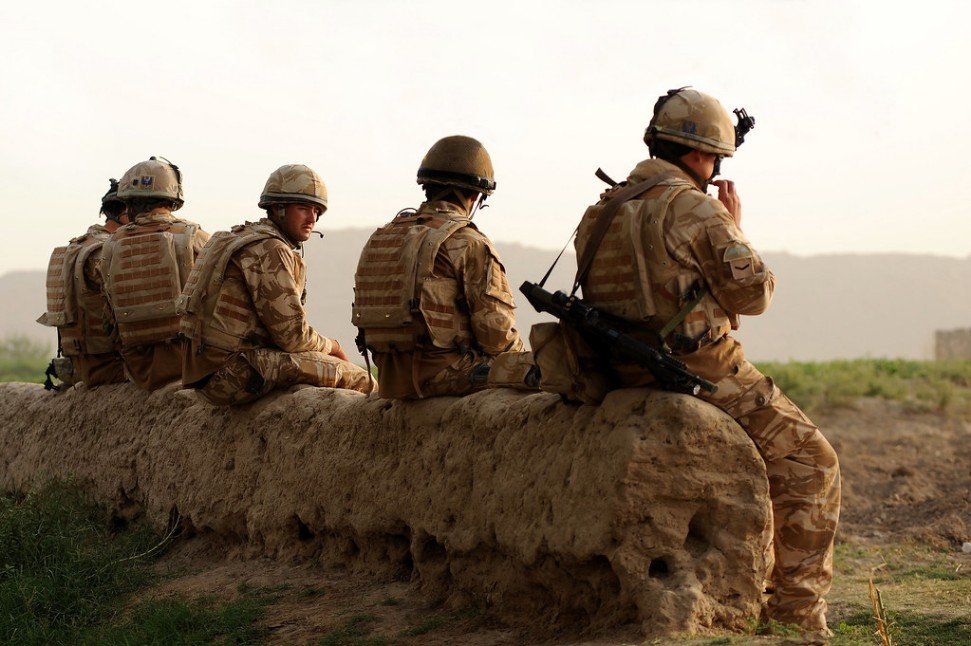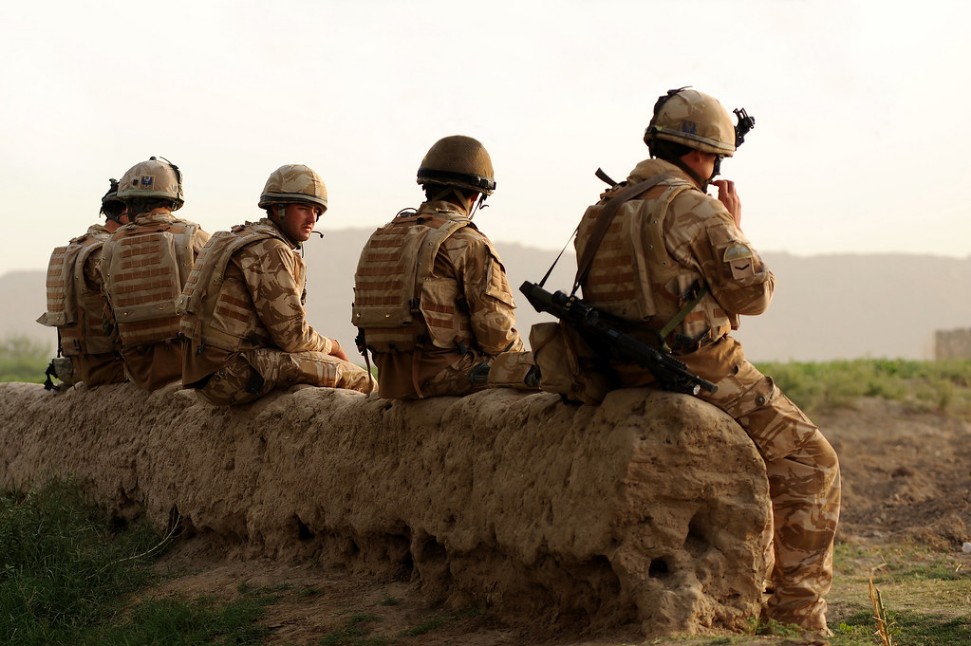
The Universities of Bristol and Nottingham will share over £500k to lead a consortium of experts on research projects into bioengineered blood and soft tissue regeneration, which could not only save lives, but could also improve the quality of lives of injured personnel…
The funding is awarded at Phase 2 of the Defence and Security Accelerator (DASA) Regenerative Medicine themed competition which is facilitated and managed by the Defence Science and Technology Laboratory on behalf of the MOD, in partnership with the Academic Department of Military Surgery and Trauma.
Dealing with damage caused by blast or ballistic trauma, which may involve significant blood loss and multiple complex wounds, is a challenge for even the most sophisticated medical facility. Yet to do this in the austere and remote environments within which the military operate further complicates the delivery of medical care.
Approaches in tissue engineering and regenerative medicine hold great promise for the treatment of injured service personnel and the new ‘Defence regenerative medicine research strategy’ is focussed on delivering such advanced therapies in a way suitable for use in the field early after injury.
The funding will enable the University of Bristol to continue its research to engineer a multi-compatible blood type that could be used to treat military personnel regardless of their blood type. This could transform the logistics of transporting and storing blood supplies on the front line. In the longer term, first responders like paramedics could also benefit from the portability of a blood supply that is suitable for all.
The University of Nottingham will continue to research a novel approach to preserve and regenerate soft tissue after blast and ballistic trauma through transient gene therapy. Preserving living tissue after injury is critically important, and will significantly improve quality of life.
Dave Henson, co-founder of the CASEVAC club, a support network for individuals that were severely wounded in combat, said: “Understanding that saving a life on the battlefield without due consideration for the future quality of that life is nonsensical. Significant progress has been made in the medical arena throughout the duration of recent conflicts.
“The development of technologies such as we’re seeing in this latest of the DASA competition, with the reduction in burden associated with blood supplies, and the immediate improvement of wound management techniques, provides strong assurances that the functional outcome from battlefield trauma will continue to improve.”

